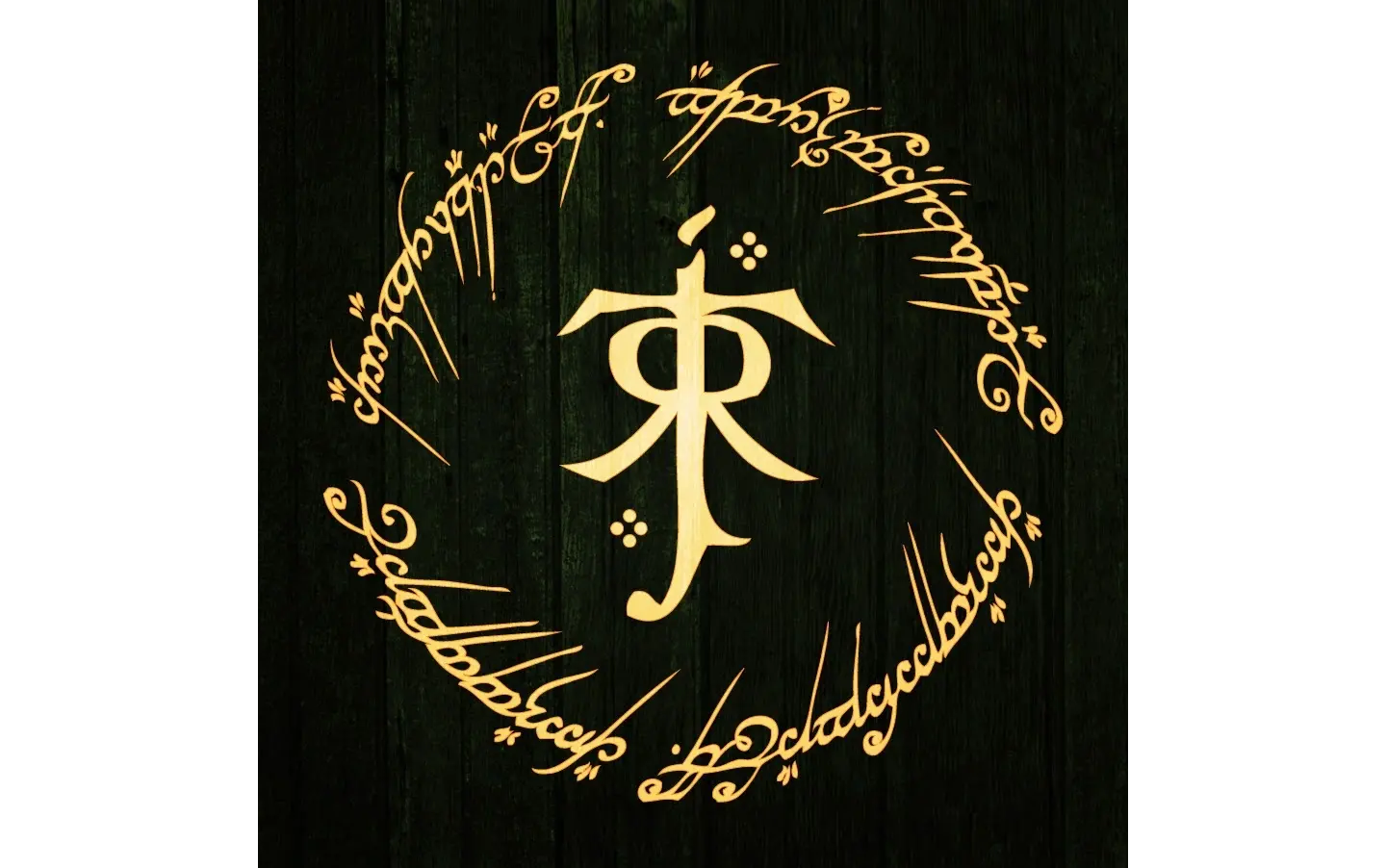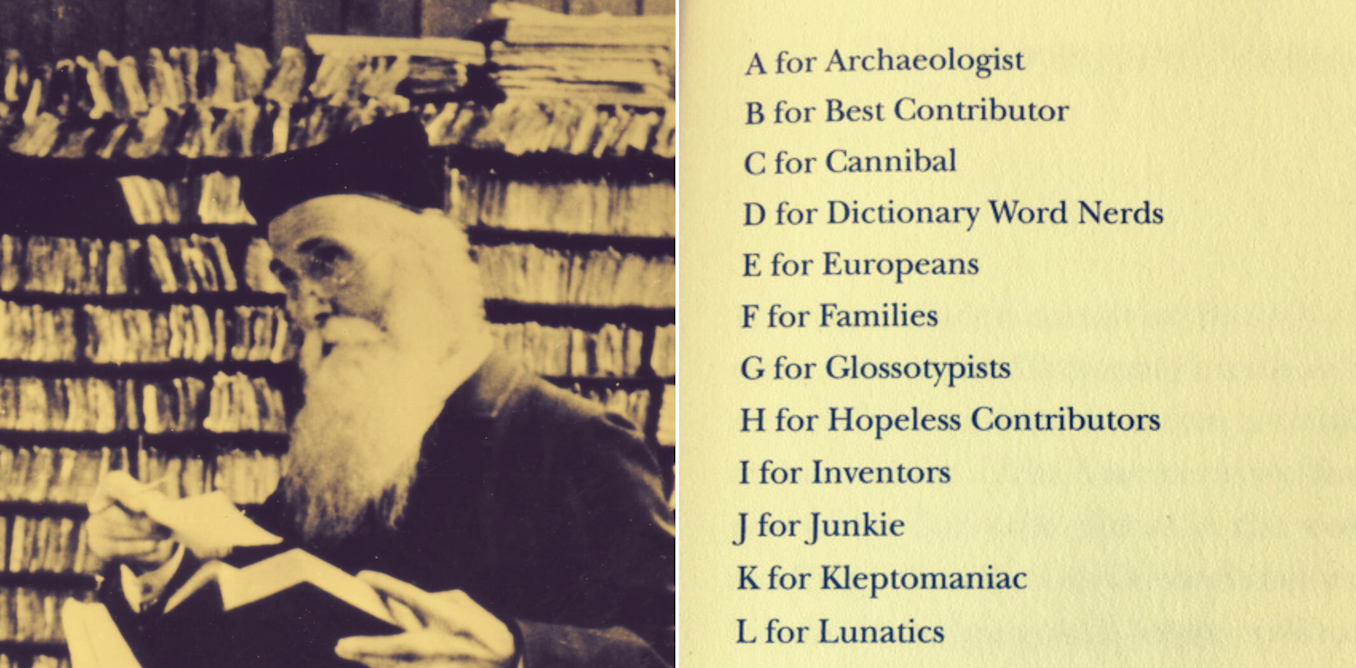Stuart Kells
The Dictionary People: The Unsung Heroes who Created the Oxford English Dictionary is a celebration of words and word-people: authors, editors, publishers, linguists, lexicographers, philologists, obsessives, pedants. Its author, Sarah Ogilvie, was formerly an Oxford English Dictionary editor and wrote the 2013 book Words of the World: A Global History of the Oxford English Dictionary.
Review: The Dictionary People: The Unsung Heroes who Created the Oxford English Dictionary (Chatto & Windus)
Ogilvie’s focus in The Dictionary People is on editor James Augustus Henry Murray (1837-1915), who orchestrated a collective, pre-digital mode of crowd-sourcing to produce the first edition of the dictionary.
Like Murray’s OED, The Dictionary People is a collective exercise. In addition to other supporters and sources, Ogilvie has assembled the book with the assistance of ten student researchers at Stanford University, with an eye for fascinating allusions and anecdotes.
We learn from The Dictionary People that Jane Austen was the first to write the word “outsider” and that a cousin of Eleanor Marx hallucinated that she had written Louisa May Alcott’s Little Women.
We also learn that the OED entry for ruffle – “to rumple, to destroy the smoothness or evenness of something” – took an illustrative quotation from Eleanor’s 1886 translation of Madame Bovary, and that, at the age of 27, a not-yet-famous J.R.R. Tolkien worked on the OED as an editorial assistant with the lexicographer Charles Onions, whose family referred to Tolkien as “Jirt”, short for J.R.R.T.
Yet another delightful detail: 18 words from the science-fiction novella Flatland: A Romance of Many Dimensions (1884), including “dimensionable” and “nondimensionable”, made it in to the dictionary. Written by mathematician and theologian Edwin Abbott Abbott under the pseudonym “A. Square”, Flatland is the story of a square who visits Pointland, Lineland and Spaceland “to explore the possibility of other dimensions”.
A book with Austen, Woolf, Tolkien and sci-fi? The Dictionary People is irresistible.
Many books have been written on the search for the Northwest Passage and John Franklin. There are numerous biographies of Leslie Stephen, J.R.R. Tolkien and the Marxes. OED contributor Edward Sugden was profiled in a book by his daughter, as well as in the Australian Dictionary of Biography and the centenary history of Melbourne University Publishing. Henry Spencer Ashbee is the subject of Ian Gibson’s book The Erotomaniac (2001). Ogilvie’s previous book covers some of the same ground as The Dictionary People (it contains the Jirt anecdote, for example) and she wrote about Chris Collier for the Australian Book Review in June 2012.
Ogilvie’s bigger picture reveals that the English language is not owned by a club or a committee or a university or by people from a particular social class or place. It is a global language in its sources, its reach and its ownership. The language, and the literary and scholarly traditions that were built with it, belong to all of us.
Read the entire fascinating article on the link above.


